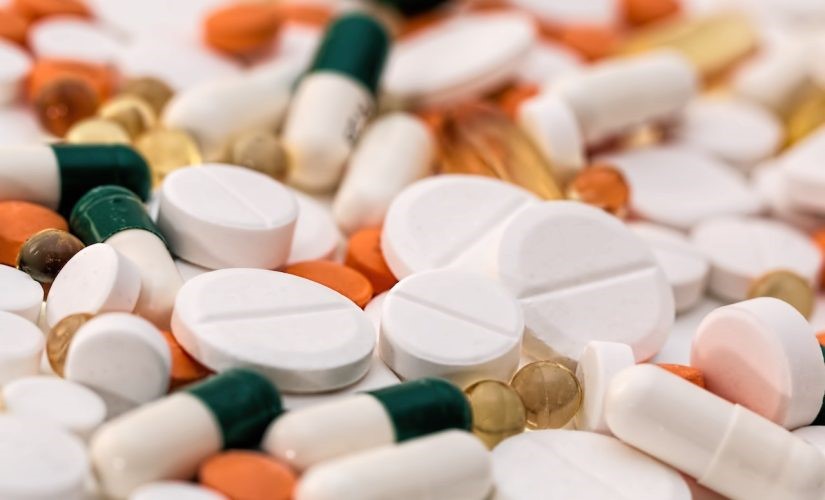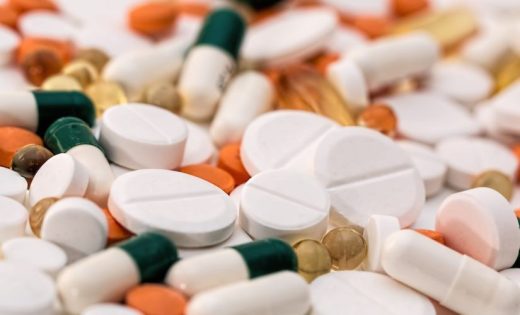The Hidden Epidemic: Counterfeit Drugs Affect 1 in 10 Medications Worldwide
The Hidden Epidemic: Counterfeit Drugs Affect 1 in 10 Medications Worldwide

While many people talk about the dangers of certain prescription medications, a far less discussed issue is that of counterfeit drugs affecting millions of people. From rogue online pharmacies to unethical local dispensers to simple errors, the counterfeit drug supply chain is more extensive than most people realize. The widespread dilemma poses a severe risk to public health, ranging from adverse reactions to fatalities.
In the following article, you will come to understand the scale and impact of the counterfeit drug crisis. It includes alarming statistics from the World Health Organization and a discussion on the corrosive effect of these counterfeits on public trust in healthcare systems. You will also get a rundown on existing efforts and solutions aimed at combating the issue.
The Scope of the Problem
According to the World Health Organization, 1 in 10 medications worldwide are either subpar or fake, a statistic that should set off alarm bells. Moreover, the problem is not confined to developing nations. Counterfeit drugs infiltrate even tightly regulated markets, exposing millions of people to ineffective or even harmful medications.
Take, for instance, the counterfeiting of the popular drug Ozempic. In one case, a licensed pharmacy unwittingly dispensed a counterfeit version of the drug that contained insulin glargine instead of semaglutide, causing an adverse reaction in the patient. The incident serves as a chilling reminder that even the most established and reputable supply chains can be compromised.
Consequences for Health and Trust
The health implications of counterfeit drugs are devastating. Counterfeit medicines often contain incorrect dosages, wrong ingredients, or even toxic substances that can lead to severe health risks, including adverse reactions and fatalities. Not only do they endanger lives, but they also compromise the effectiveness of genuine drugs by contributing to antibiotic and antiviral resistance.
Beyond the immediate health risks, the proliferation of counterfeit drugs erodes public trust in healthcare systems. When patients can’t be sure that the medications they’re taking are genuine, it creates a ripple effect of doubt and skepticism, undermining the healthcare providers and even deterring people from seeking medical help when they need it.
Efforts to Combat Counterfeit Drugs
To counter the menace of counterfeit drugs, various regulatory bodies have put guidelines in place. In the United States, the Drug Supply Chain Security Act (DSCSA) outlines stringent requirements for electronic systems that facilitate collaborations among manufacturers, wholesale distributors, pharmacies, and other dispensers. These guidelines are designed to enable tracking and tracing of serialized products at the package level, creating a transparent and accountable supply chain.
Innovative companies like Trust.med are emerging as key players in this fight. By launching its Registry for Contact and Verification, Trust.med is setting a new standard of digital interoperability in the pharmaceutical supply chain. This registry not only ensures compliance with DSCSA requirements but also enables the secure exchange of critical drug data among trading partners. The end goal is to make the supply chain so transparent and accountable that counterfeit drugs find no place in it.
Conclusion
The counterfeit drug crisis is a formidable challenge that poses serious risks to public health and undermines trust in healthcare systems. From alarming WHO statistics to real-life incidents like counterfeit Ozempic, the problem is pervasive and calls for immediate action. Regulatory frameworks like the DSCSA offer a blueprint for combating this issue, but they are not enough on their own.
The crisis requires collective efforts from all stakeholders in the pharmaceutical supply chain. Adopting comprehensive systems like Trust.med’s Registry for Contact and Verification could be a significant stride in eradicating counterfeit drugs and ensuring public health and safety.
Published First on Grit Daily. Read Here.
Featured Image Credit: Photo by Pixabay; Pexels; Thank you!
The post The Hidden Epidemic: Counterfeit Drugs Affect 1 in 10 Medications Worldwide appeared first on ReadWrite.
(9)


